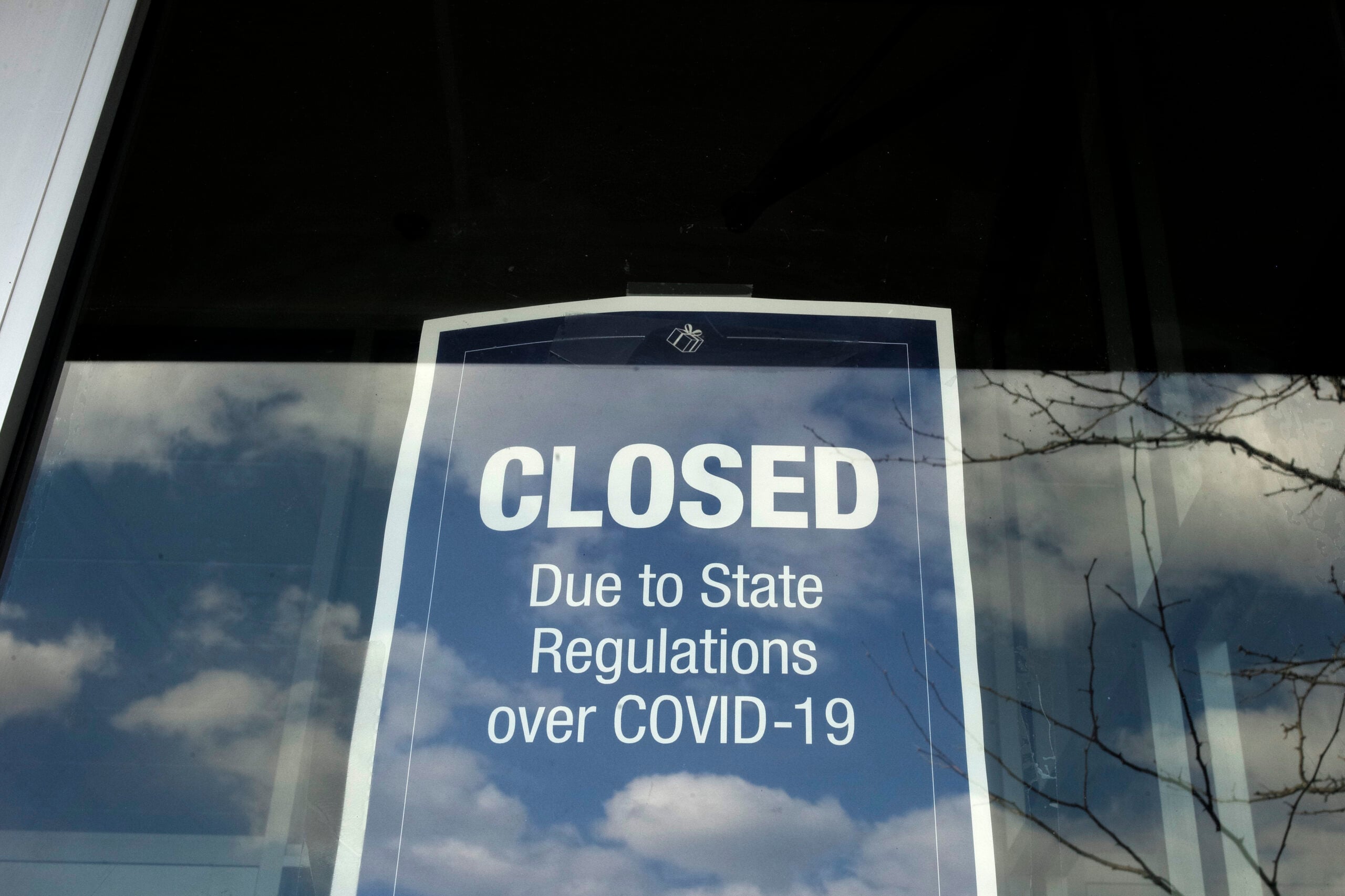Experts Highlight Risks And Strain As Some Georgia Malls Move To Reopen

Simon Property Group, America’s largest mall operator, has announced plans to reopen nearly 50 locations across the country in the next week, including seven in Georgia.
Steven Senne / Associated Press
Even though malls aren’t what they used to be, they can still get crowded.
Hundreds of shops crammed under one roof. This, plus food courts, escalators and play areas, make them not ideal for social distancing.
“You know clearly at a time where we still have community spread of coronavirus, opening up a mall to a lot of people puts both customers and workers at risk,” said Dr. Harry Heiman, who teaches public health at Georgia State University.
Simon Property Group, America’s largest mall operator, has announced plans to reopen nearly 50 locations across the country in the next week, including seven in Georgia. Lenox Square and Phipps Plaza are among those whose doors will open Friday, the same day a statewide shelter-in-place order is set to expire.
As of Wednesday, there were more than 25,000 confirmed cases in Georgia, with more than 1,000 deaths attributed to COVID-19.
The company says they’re going to keep people safe by enforcing social distancing, offering hand sanitizer and reducing occupancy. They’re also checking employee temperatures.
But Dr. Heimen says the company’s efforts still aren’t enough.
“There’re things they can do to make it less risky, but there aren’t things that they can do to reduce risk to what I believe would be a safe level,” he said.
He calls it another example of hourly employees being put in harm’s way in order to re-start the economy.
“The kinds of risks that they’ve been exposed to by either some of those businesses being declared as essential businesses that can’t close or in the choice of businesses that are now reopening,” he said.
So why are malls so eager to open?
“Well certainly the American shopping mall industry was deeply troubled and has been deeply troubled for a number of decades,” said Paco Underhill, who has studied retail shopping – and malls in particular – for 40 years.
He thinks some malls may never recover from the effects of the coronavirus. And he says that reality may be driving the need to reopen quickly.
“There is a sense of urgency, in that historically, the American shopping mall industry are publicly held companies and have to respond to Wall Street on a quarterly basis,” Underhill said.








